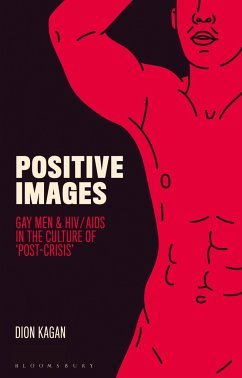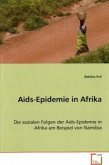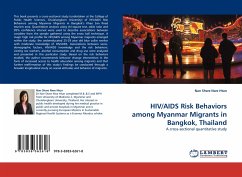A tidal wave of panic surrounded homosexuality and AIDS in the 1980s and early 1990s, the period commonly called 'The AIDS Crisis'. With the advent of antiretroviral drugs in the mid '90s, however, the meaning of an HIV diagnosis radically changed. These game-changing drugs now enable many people living with HIV to lead a healthy, regular life, but how has this dramatic shift impacted the representation of gay men and HIV in popular culture? Positive Images is the first detailed examination of how the relationship between gay men and HIV has transformed in the past two decades. From Queer as Folk to Chemsex, The Line of Beauty to The Normal Heart, Dion Kagan examines literature, film, TV, documentaries and news coverage from across the English-speaking world to unearth the socio-cultural foundations underpinning this 'post-crisis' period. His analyses provide acute insights into the fraught legacies of the AIDS Crisis and its continued presence in the modern queer consciousness.
Hinweis: Dieser Artikel kann nur an eine deutsche Lieferadresse ausgeliefert werden.
Hinweis: Dieser Artikel kann nur an eine deutsche Lieferadresse ausgeliefert werden.
Positive Images should be commended for the way it astutely locates the ongoing and unresolved political consequences of the AIDS epidemic in the singularities of the moving image. Not only does Kagan give us insight into a mode of popular media production working to discipline our contact with queer histories of this crisis - the most destructive example of institutionally sanctioned homophobia in the recent history of the US, UK, and Australia - but he also expertly shows the particular capaciousness of using cinema as a tool for thinking through - and evidencing - such discursive regulation. Continuum: Journal of Media and Cultural Studies








